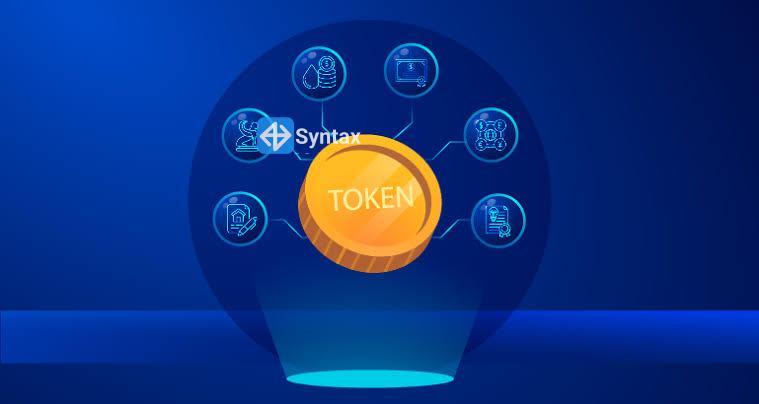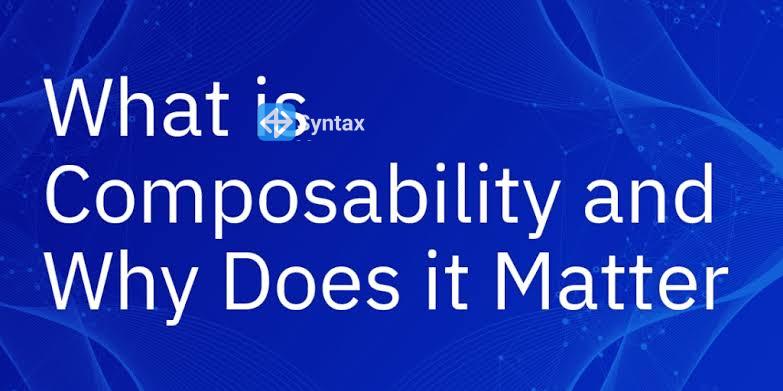Proof-of-Stake (PoS) is a blockchain consensus mechanism that validates transactions by having users "stake" (lock up) their own cryptocurrency to become validators, rather than solving complex computational puzzles like in Proof-of-Work
Validators are then randomly selected to create new blocks, and the likelihood of selection is often proportional to the amount of crypto they have staked. This approach is more energy-efficient and aims to improve scalability and security by requiring validators to act honestly to protect their staked assets.
How PoS Works
- Staking: To become a validator, a user must lock a certain amount of the network's native cryptocurrency as a form of collateral.
- Selection: Validators are chosen to create new blocks based on the size of their stake, often with an element of randomization.
- Validation & Rewards: The chosen validator creates a new block of transactions, which is then approved by the network. In return for their honest participation, validators receive rewards.
- Slashing: If a validator acts maliciously (e.g., by approving fraudulent transactions), a portion or all of their staked cryptocurrency is "slashed" (removed), deterring dishonest behavior.
Key Benefits of PoS
- Energy Efficiency: PoS significantly reduces energy consumption compared to Proof-of-Work (PoW) because it doesn't require energy-intensive mining.
- Security: By requiring a staked collateral, PoS makes it more costly for malicious actors to launch a 51% attack, as they would risk losing their substantial economic investment.
- Scalability: PoS can support more transactions and potentially higher throughput, contributing to greater network scalability.
- Decentralization: Some PoS systems allow for staking pools and delegation, enabling smaller holders to participate in the network, which can enhance decentralization.
Comparison to Proof-of-Work (PoW)
- PoW: Uses computational power to solve complex cryptographic puzzles to validate transactions, as seen in Bitcoin.
- PoS: Uses staked cryptocurrency as collateral to select validators for transaction validation.












